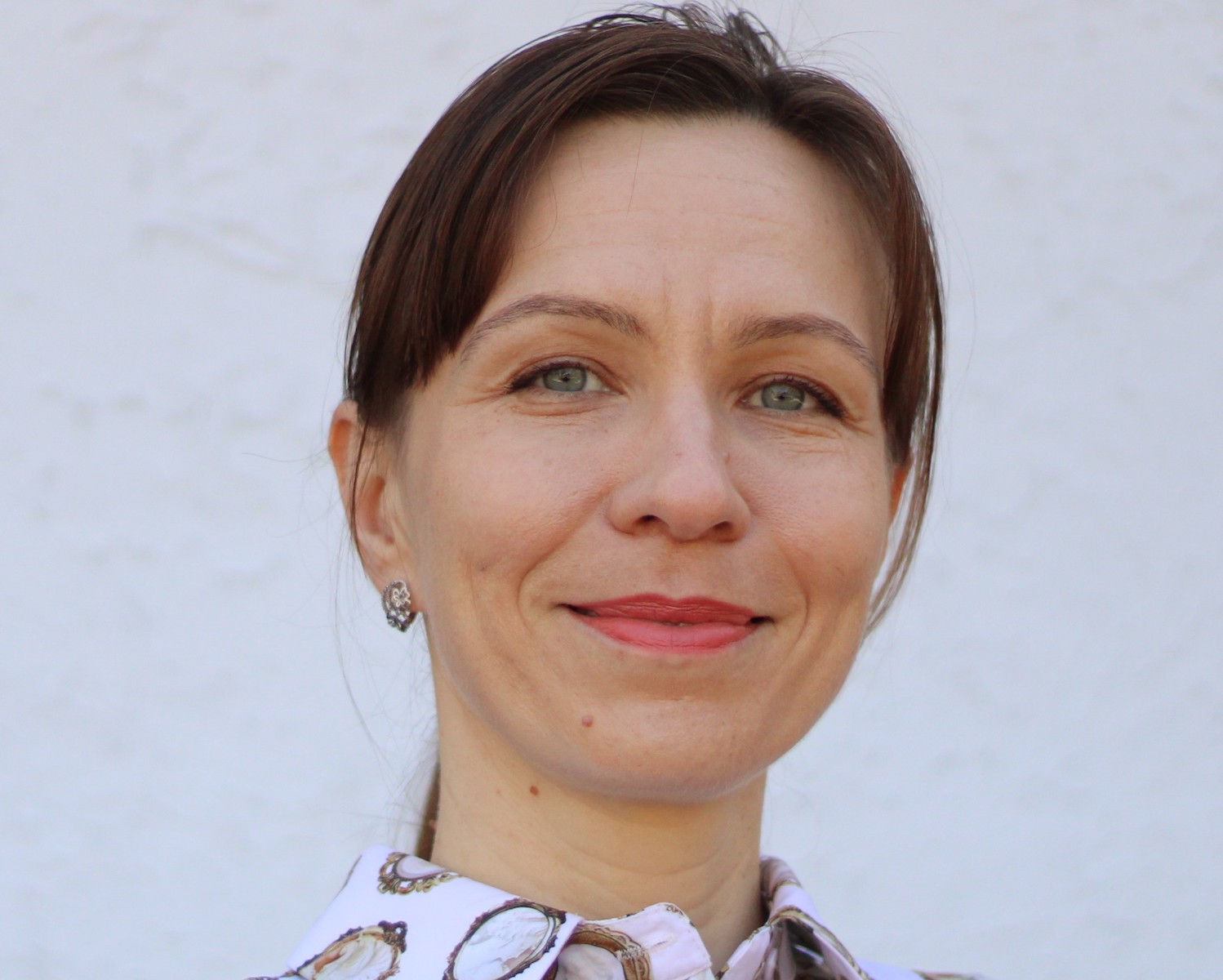Daria Riabinina
“INRS is a unique research and teaching environment that values excellence and diversity. For me, this award is a great recognition of an unconventional career that demonstrates the importance of developing transversal skills and their impact on professional success.”
Daria Riabinina
Doctorate in energy and materials sciences, 2007
Director, Technology transfer
Quebec Ministry of Economy and Innovation
Watch her video message [in French]
Why did you choose to study at INRS?
At the end of a master’s degree in physics in the field of quantum dots, I was looking for a challending and friendly environment to pursue my doctoral studies. A friend of mine who had just started her post-doctoral studies at INRS told me about the Center for Energy and Materials, which was then in full growth. It was in the early 2000s, when the research center merged with Telecommunications, recruited several professors from all over the world, built the ALLS laboratory and the clean rooms. Even then, it was a great place to work in a close-knit community, where proximity and conviviality between all members was a priority.
What do you remember about your experience at INRS?
INRS has really focused on recruiting from around the world, emphasizing the need to value excellence. This openness to the world has paid off, creating a hub of diversity.
Do you have a favorite memory of the campus?
I have very fond memories of the people I came into contact with at INRS, the students, post-docs, professors, technicians and administrative staff. I made some very good friends who taught me to enjoy life and to appreciate our differences. I remember great social events like barbecues, corn roasts, and even water fights.
What is the most important lesson you take away from your time at INRS?
My PhD really developed my ability to analyze, synthesize, and write. It obviously required a lot of work on my part, but also a great deal of involvement from my thesis director, Professor Mohamed Chaker. His rigorous approach and his quest for perfection have had a major and very positive impact on the way I work and communicate today.
Tell us about your career path since graduation.
After obtaining my PhD in 2007, I pursued my research career for a few years, as a postdoctoral researcher at the Université de Montréal and at the Centre Armand-Frappier Santé Biotechnologie of INRS, and then as a research associate again at the Centre Énergie Matériaux Télécommunications of INRS.
During this time, I became more interested in management, entrepreneurship and communications. To further explore the different aspects of project management, I took some courses at HEC Montreal. In 2014, I decided to make the leap to public administration, which turned out to be a turning point in my career. I discovered a great passion for economic development, technological entrepreneurship and public policy. Since then, I have progressed through public service, first as an advisor, then as a coordinator, and, since 2020, as a manager.
What advice would you like to give to current students?
I would advise them to listen to themselves and their environment. In my case, listening to myself helped me discover my strengths, passions and values, but also allowed me to face my vulnerabilities and blind spots. Knowing yourself, respecting yourself and being yourself is a powerful lever to build a career at your image. Beyond that, listening skills are essential, as few employers will hire you solely for your knowledge. Quite the opposite, you will only be entrusted with a major project if you are knowned to be reliable, motivated, and if they are convinced of your ability to solve their problems. Listening is fundamental to understanding how you can help people and bring about solutions.
What are your wishes for the future?
I would like to see the place of women in decision-making and influential positions evolve more. To achieve this, we need men to reach out and create conditions where women are encouraged, supported and accompanied so that they too can take their place on boards of directors and in management positions. There is no doubt that we will all gain from this, because diversity is a powerful driver of evolution.

